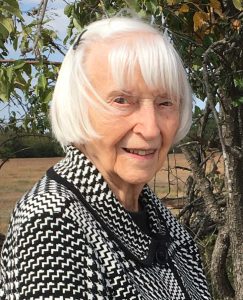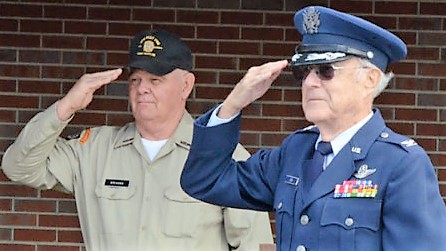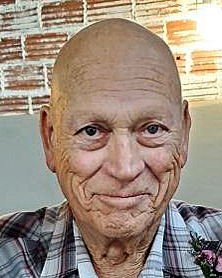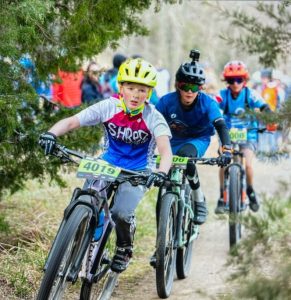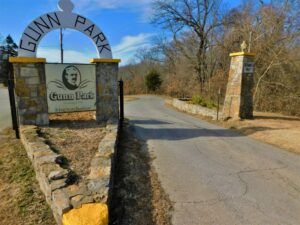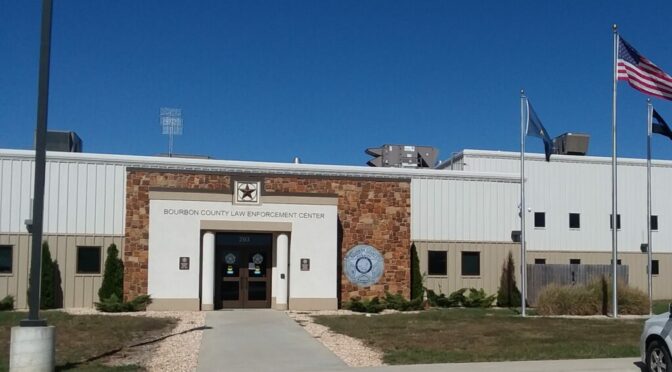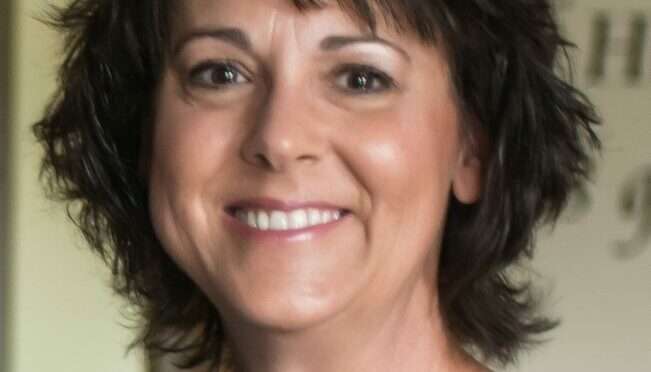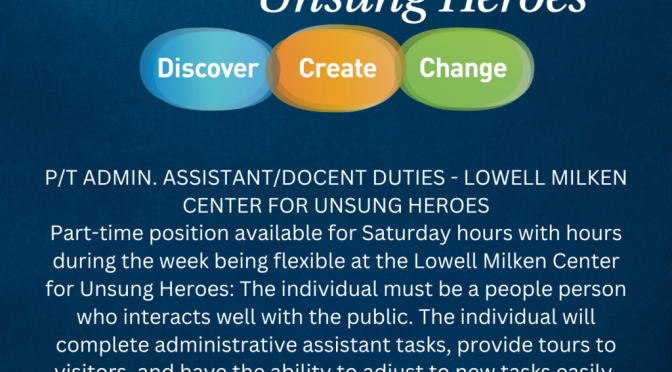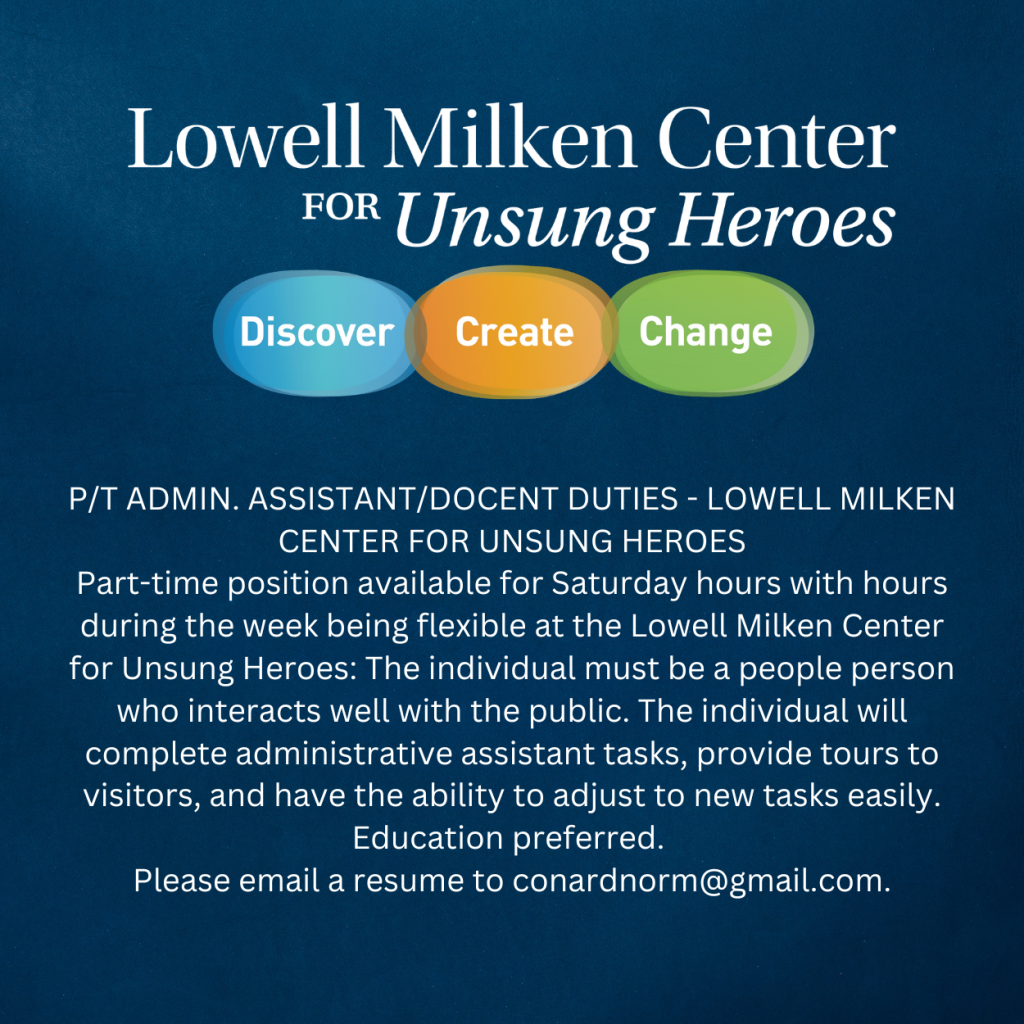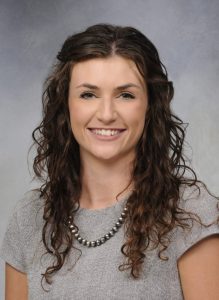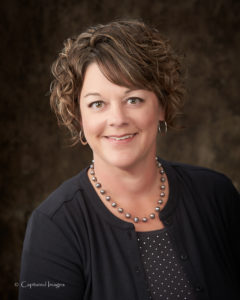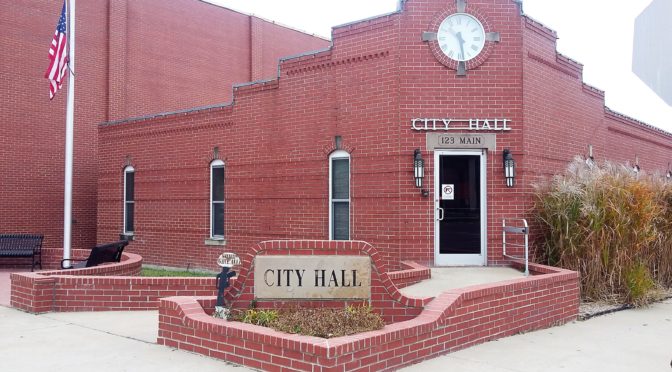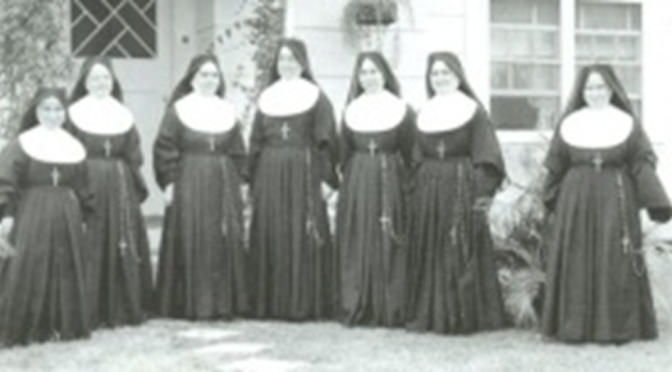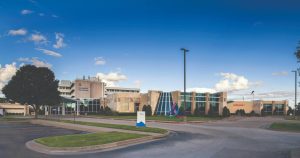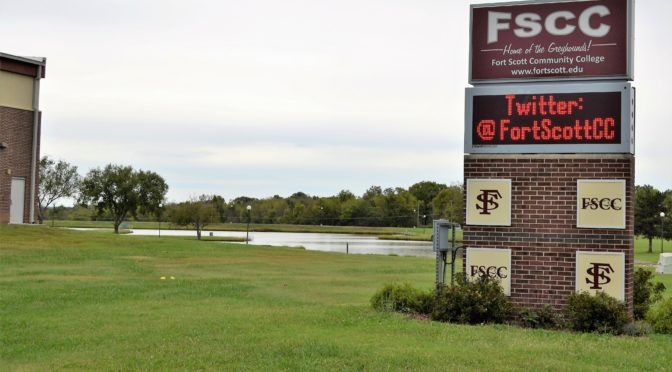MANHATTAN, Kansas, April 17, 2023 – The U.S. Department of Agriculture (USDA) announced that agricultural producers and private landowners can begin signing up for the Grassland Conservation Reserve Program (CRP) starting today and running through May 26, 2023. Among CRP enrollment opportunities, Grassland CRP is a unique working lands program, allowing producers and landowners to continue grazing and haying practices while conserving grasslands and promoting plant and animal biodiversity as well as healthier soil.
“Grassland CRP clearly demonstrates that agricultural productivity and conservation priorities but also complement and enhance one another,” said Dennis McKinney, FSA State Executive Director in Kansas. “The strength of this program lies in its many benefits — the program helps producers and landowners produce and maintain diverse wildlife habitat, sequester carbon in the soil, and support sound, sustainable grazing.”
More than 3.1 million acres were accepted through the 2022 Grassland CRP signup from agricultural producers and private landowners. That signup—the highest ever for the program—reflects the continued success and value of investments in voluntary, producer-led, working lands conservation programs. The current total participation in Grassland CRP is 6.3 million acres, which is part of the 23 million acres enrolled in CRP opportunities overall.
Since 2021, USDA’s FSA, which administers all CRP programs, has made several improvements to Grassland CRP to broaden the program’s reach, including:
- Creating two National Priority Zones to put focus on environmentally sensitive land such as that prone to wind erosion.
- Enhancing offers with 10 additional ranking points to producers and landowners who are historically underserved, including beginning farmers and military veterans.
- Leveraging the Conservation Reserve Enhancement Program (CREP) to engage historically underserved communities within Tribal Nations in the Great Plain
How to Sign Up for Grassland CRP
Landowners and producers interested in Grassland CRP, or any other CRP enrollment option, should contact their local USDA Service Center to learn more or to apply for the program before the deadlines.
Producers with expiring CRP acres can enroll in the Transition Incentives Program (TIP), which incentivizes producers who sell or enter into a long-term lease with a beginning, veteran, or socially disadvantaged farmer or rancher who plans to sustainably farm or ranch the land.
Other CRP Signups
Under Continuous CRP, producers and landowners can enroll throughout the year. Offers are automatically accepted provided the producer and land meet the eligibility requirements and the enrollment levels do not exceed the statutory cap. Continuous CRP includes a Climate-Smart Practice Incentive to increase carbon sequestration and reduce greenhouse gas emissions by helping producers and landowners establish trees and permanent grasses, enhance wildlife habitat, and restore wetlands.
FSA offers several additional enrollment opportunities within Continuous CRP, including the State Acres for Wildlife Enhancement (SAFE) Initiative, the Farmable Wetlands Program (FWP), and the Conservation Reserve Enhancement Program (CREP). Also available is the Clean Lakes Estuaries and Rivers (CLEAR30) Initiative, which was originally piloted in twelve states but has since been expanded nationwide, giving producers and landowners across the country the opportunity to enroll in 30-year CRP contracts for water quality practices.
USDA hosts an annual General CRP signup. This year’s General CRP signup was open from Feb. 27 through April 7. The program helps producers and landowners establish long-term, resource-conserving plant species, such as approved grasses or trees, to control soil erosion, improve water quality and enhance wildlife habitat on cropland. The Climate-Smart Practice Incentive is also available in the General signup.
More Information
Signed into law in 1985, CRP is one of the largest voluntary private-lands conservation programs in the United States. It was originally intended to primarily control soil erosion and potentially stabilize commodity prices by taking marginal lands out of production. The program has evolved over the years, providing many conservation and economic benefits.
Privately owned grazing lands cover nearly 30 percent of the national landscape, and USDA recognizes the tremendous opportunity address climate-change through voluntary private lands conservation. In addition to CRP, resources are available at FSA’s sister agency, Natural Resources Conservation Service (NRCS). Earlier this month, NRCS announced its $12 million investment in cooperative agreements for 49 projects that expand access to conservation technical assistance for livestock producers and increase the use of conservation practices on grazing lands.
USDA touches the lives of all Americans each day in so many positive ways. Under the Biden-Harris administration, USDA is transforming America’s food system with a greater focus on more resilient local and regional food production, fairer markets for all producers, ensuring access to safe, healthy and nutritious food in all communities, building new markets and streams of income for farmers and producers using climate smart food and forestry practices, making historic investments in infrastructure and clean energy capabilities in rural America, and committing to equity across the Department by removing systemic barriers and building a workforce more representative of America. To learn more, visit usda.gov.
#
USDA is an equal opportunity provider, employer, and lender.


